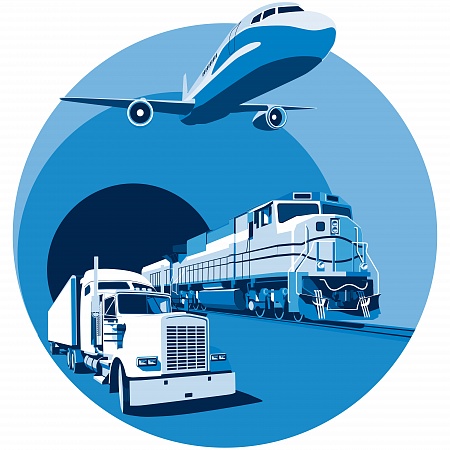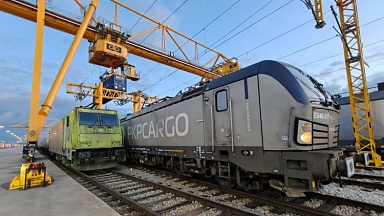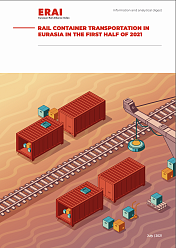The new German facility will be built on the site of the former military air base at the industrial park in Erlensee, 25kn from Frankfurt. The project comprises of three buildings: a cross-dock terminal, a warehouse for specialty chemicals and general production materials and office premises.
Thomas Vogel, CEO DHL Freight DACH said; «Demand for road transport and customised logistics continues to grow. As leading logistics experts, we’re often one the first points of contact when complex logistics requires efficient and effective solutions. We’re continuously expanding our network to ensure we can meet customers’ existing and future demands for excellence.
«Capacities at our previous site in Maintal no longer suffice. That’s why we’re delighted not only to be able to expand our storage and transhipment areas at the new site, but to do so by opening a modern, sustainable logistics centre.»
Kelvin Leung, CEO, DHL Global Forwarding Asia Pacific says the easing of trade restrictions and implementation of new regulatory initiatives in the region will continue to strengthen and bolster intra-Asia trade.
«One of the most significant developments is the ASEAN Customs Transit System (ACTS) introduced in 2020, which allows operators to move goods seamlessly across multiple ASEAN borders with a single guarantee that covers duties and taxes for the entire journey. »
The Asian Development Bank has predicted that the e-commerce sector will grow 5.5% this year. The predicted upswing is also driven by renewed growth in many of Southeast Asia’s leading economies as manufacturing rebounds, and companies regionalise and diversify their supply chains
Thomas Tieber, CEO, DHL Global Forwarding Southeast Asia, said: «Road freight is now playing a more significant role in international long-haul solutions across Asia as it offers a cost effective and sustainable option. As we have seen in the last year with volatile air and ocean freight rates during the Covid-19 pandemic, road or multimodal solutions have offered more stable pricing, capacity, and easier border access in Southeast Asia.»
The company points out that «road freight is significantly cheaper and generates less emissions than air freight, while offering increased security and faster lead times than ocean freight. Road solutions are also highly flexible with trucks able to manage door-to-door local, cross-border, long-haul and short-haul deliveries.»
Increasingly, customers are choosing to truck their short- and long-haul shipments for part of, or the entire journey due to the reduced carbon emissions it offers as compared to airfreight. An air-road shipment from Jakarta to Bangkok via Singapore cuts carbon emissions by half, in addition to cost savings of 35%, as compared to a direct flight, while trucking a shipment from Singapore to China reduces carbon footprint by 83% as compared to airfreight.
«Road logistics is seeing a greener future, powered by technology to become more efficient and secure, and being more sustainable with carbon efficient fuels. Together, these factors are transforming the road freight sector and creating ever more attractive and sustainable logistics solutions,» added Tieber.





